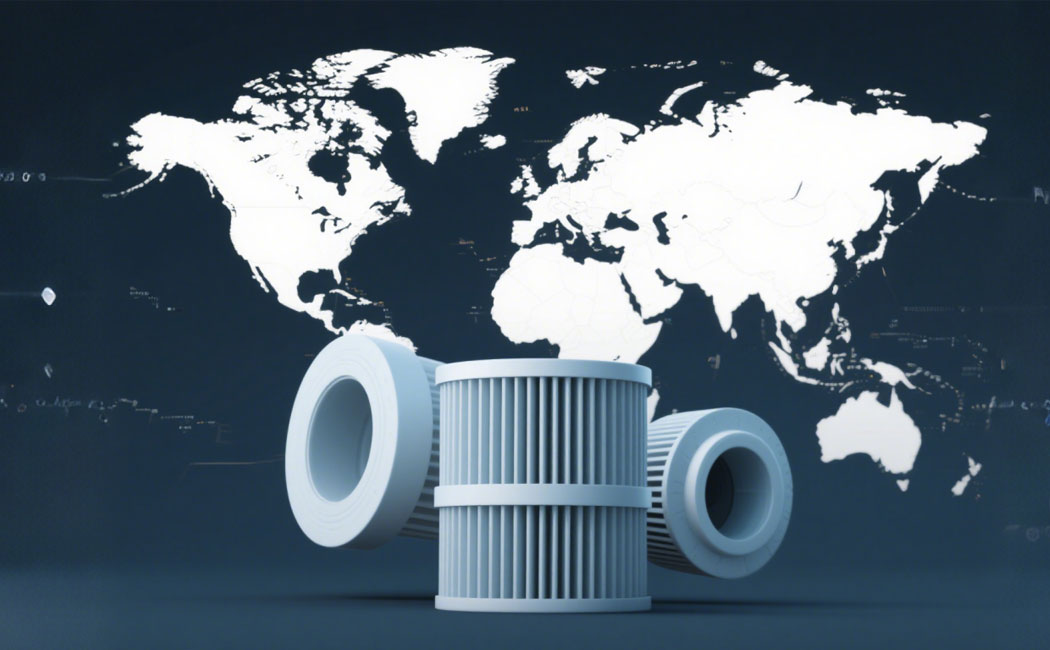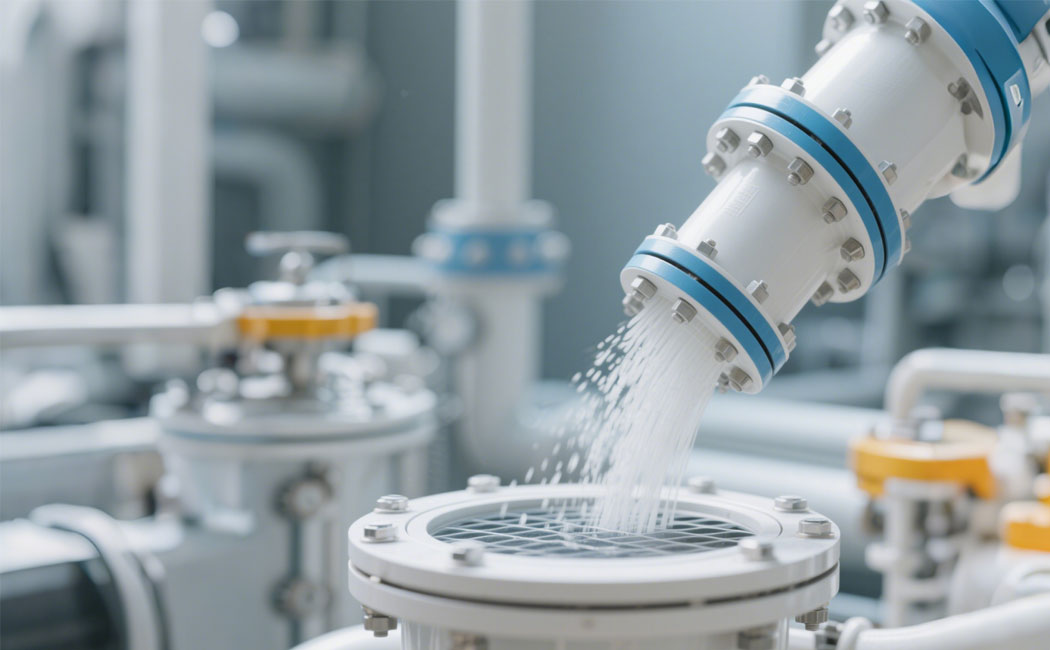Selecting the optimal filter media is critical to achieving efficient, cost-effective, and long-lasting filtration. However, with countless materials available—from stainless steel mesh to epoxy-coated screens—the decision often hinges on three key fluid characteristics: viscosity, corrosiveness, and particle concentration.
As a global leader in filtration solutions, we break down how these factors influence material selection and provide actionable guidelines to help industries—whether processing chemicals, wastewater, or food products—make informed choices.
1. High-Viscosity Fluids: Balancing Flow Rate and Clog Resistance
Viscous fluids (e.g., oils, syrups, sludge) require media that minimize flow resistance while preventing premature clogging.
Material Solutions:
Wedge Wire Screens: Ideal for high-viscosity liquids, their V-shaped wire profile and wide-open areas (up to 40%) maintain steady flow rates even with thick media.
Epoxy-Coated Mesh: The smooth, non-stick surface reduces adhesion of sticky residues.
Multi-Layer Filter Paper: Combines gradient density layers to trap particles without impeding flow.
Design Tip: Prioritize filters with large surface areas and stepped porosity to distribute pressure evenly. For example, our wedge wire screens are engineered to handle viscous slurries in food processing, reducing energy consumption by 25% compared to traditional mesh.
2. Corrosive Media: Ensuring Chemical Compatibility
Acids, alkalis, and solvents demand materials that resist degradation. A mismatch here can lead to filter failure, contamination, or safety hazards.
Material Solutions:
316L Stainless Steel Mesh: Offers superior resistance to chlorides, acids, and high temperatures. Suitable for chemical processing or seawater desalination.
PTFE-Coated Filters: Provide inert, non-reactive surfaces for aggressive solvents or pharmaceutical applications.
Epoxy-Bonded Media: Combines chemical resistance with mechanical strength, ideal for corrosive gas filtration.
3. High Particle Concentration: Maximizing Capacity and Lifespan
Fluids with heavy particulate loads (e.g., mining slurry, coolant recycling) need durable media that capture fines without frequent replacements.
Material Solutions:
Multi-Layer Stainless Steel Mesh: Combines coarse and fine layers to handle varying particle sizes (e.g., 50μm to 1mm).
Gradient Density Filter Cartridges: Use depth filtration to distribute particle load across multiple stages.
Backwash-Ready Screens: Our wedge wire designs with 70° profile angles enable easy particle dislodgement during cleaning cycles.
The Interplay of Factors: Real-World Scenarios
Case 1: Hot, Corrosive Chemicals with Moderate Viscosity
Fluid: Sulfuric acid at 80°C with 100 ppm abrasive particles.
Solution: 316L stainless steel wedge wire screen (resists heat + corrosion) paired with pulsed air backwashing (handles particles).
Case 2: Cold, High-Viscosity Food Slurry
Fluid: Chocolate syrup at 10°C with sugar crystals.
Solution: Epoxy-coated mesh with 2mm pores (prevents sugar adhesion) and a heated filter housing (maintains flowability).
Upgrade Your Filtration Strategy Today
Choosing the right filter media isn’t a guessing game—it’s a science. By aligning material properties with fluid behavior, industries can slash operational costs, extend filter life, and meet stringent quality standards.
Explore our fluid-specific filter portfolio, including corrosion-resistant stainless steel mesh, high-flow wedge wire screens, and epoxy-coated cartridges, to optimize your process.






